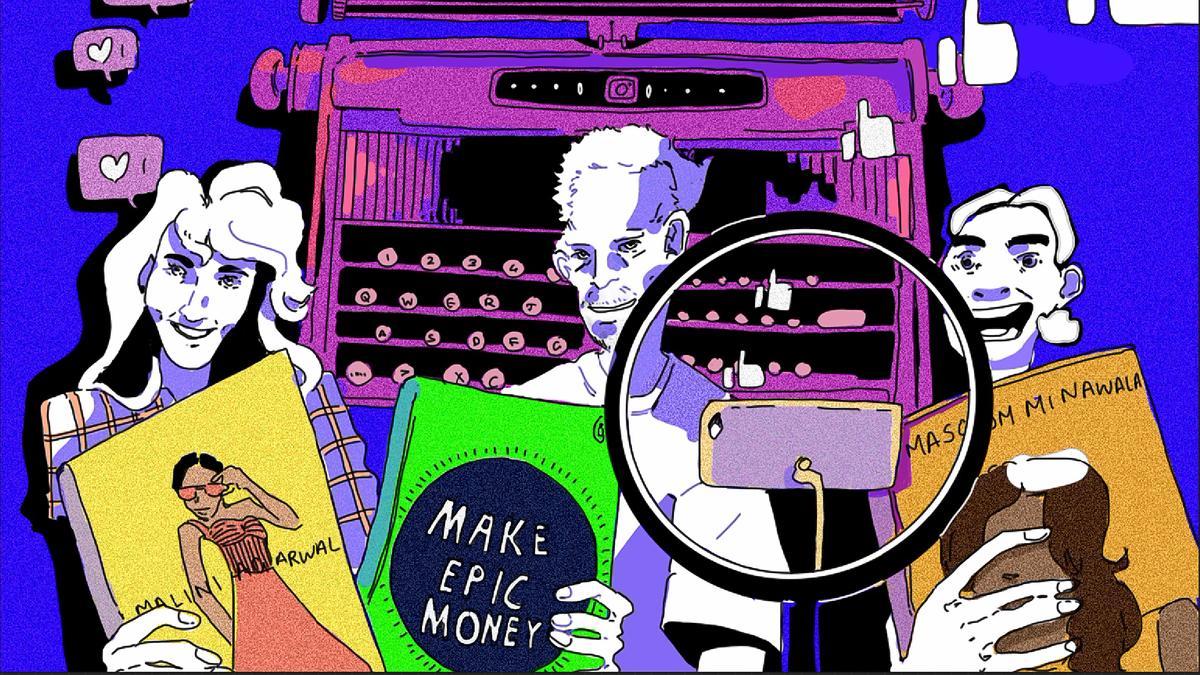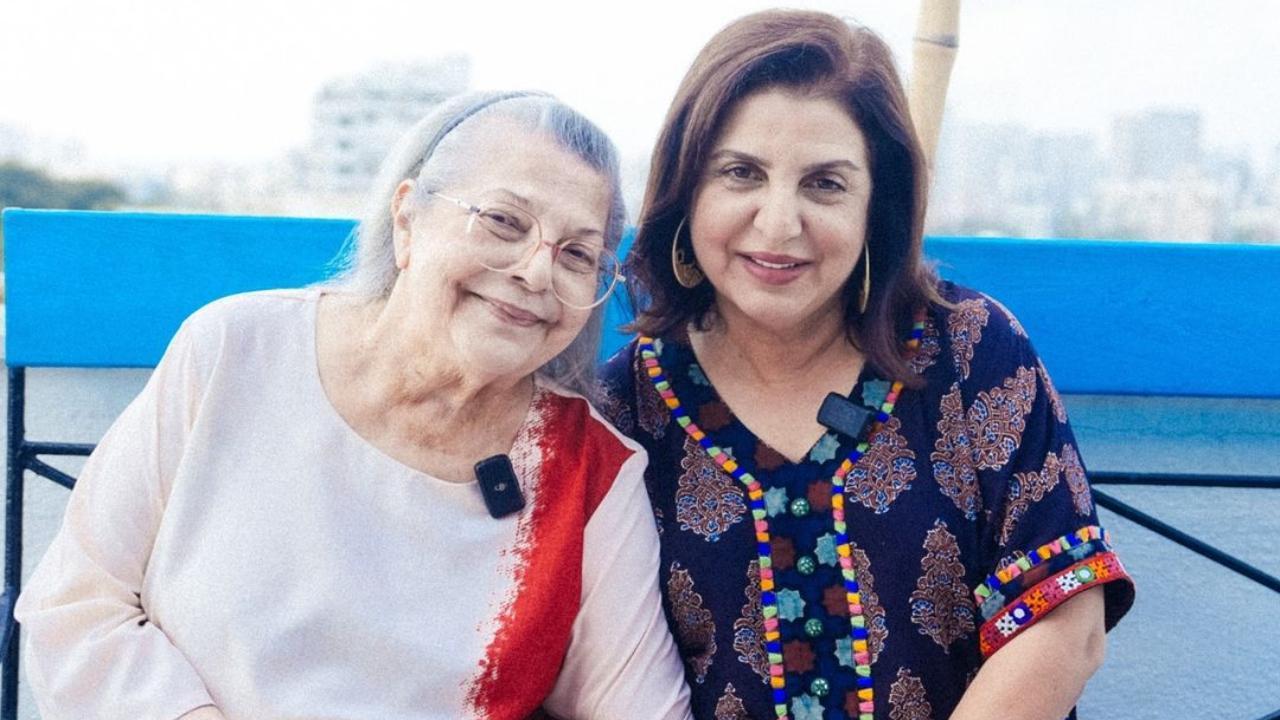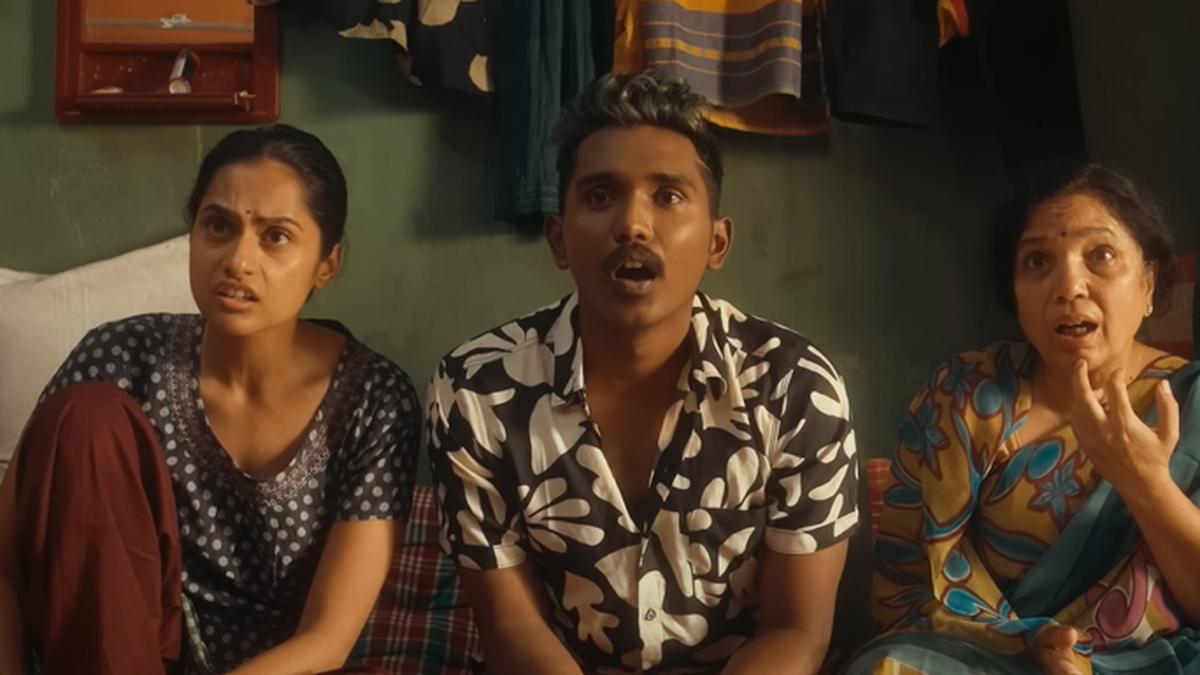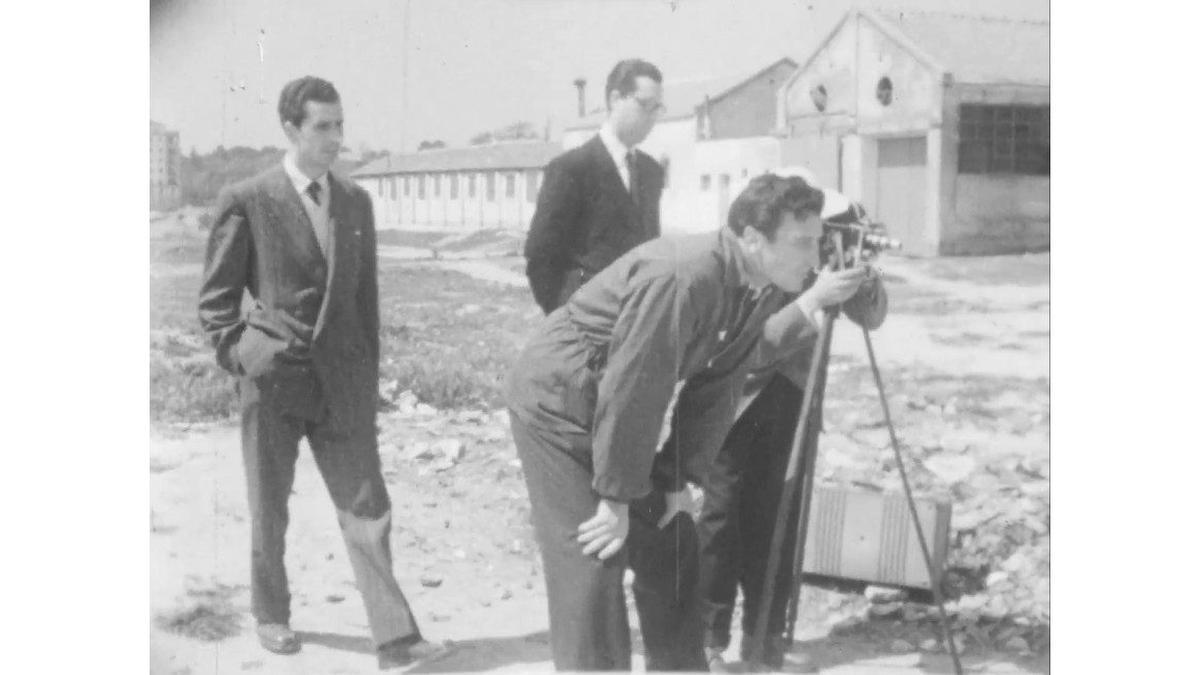
Just last month, the publishing powerhouse Penguin India hosted a glitzy gathering in Mumbai to celebrate the unique blend of literature and digital influence. Gleaming under the spotlight of a five-star hotel, luminary figures from various walks of life mingled, indulging in abundant food and drink, coupled with engaging dialogues. Pallavi Narayan, who spearheads communications and brand partnerships at Penguin Random House India, recounted the high jinks, ranging from author Durjoy Datta dancing to Ankur Warikoo performing whimsical antics with attendees, culminating in a fiesta where tote bags, books, and other goods were handed out with gusto.
Among others, celebrated actor-author Neena Gupta, radio personality Stutee Ghosh, and the famed sexual health educator known as Dr. Cuterus (Tanaya Narendra) were among the esteemed guests. This event, dubbed Penguin Palooza, honored the era of the “book influencer.” These influencers, who might have as few as 5,000 followers, a modest figure compared to their lifestyle counterparts, have forged their own niches through book reviews, author interviews, and other literary offerings online. In recent years, Indian publishers have been inspired by Western trends and now frequently leverage these influencers’ social media clout to drum up excitement for upcoming book releases. However, the latest development sees these influencers themselves taking up the pen to considerable success.
Ankur Warikoo, renowned for his expertise in personal finance, divulged that upon deciding to author a book, he targeted readers traditionally outside the literary sphere. His approach worked wonders; his videos and books on prudent financial strategies have garnered swathes of readers seeking wisdom in an easily digestible format.
Notably, fashion influencer Masoom Minawala made waves with her literary debut, “She’ll Never Make It,” published by Juggernaut Books. The social media maven teased her then-upcoming book with an enigmatic, blurred cover image on Instagram, sparking intrigue among her 1.3 million followers. Upon the cover reveal and book launch, Minawala’s book rocketed to Amazon’s No.1 spot, offering stark proof of her considerable influence.
Malini Agarwal, alias Miss Malini, an early bird in the influencer realm, recently celebrated the release of her second book, “Under the Influence,” with a lavish soirée in Mumbai. Agarwal has since embarked on a nationwide tour, conducting events that blend performances, workshops, and personalized interactions, marking a shift in the traditional book launch approach.
Shabnam Srivastava of HarperCollins India notes that these influencer-author events, sometimes ticketed, are becoming a cultural phenomenon in their own right. Agarwal’s book launch went a step further by offering budding content creators the coveted chance to collaborate with her.
Both Minawala and Agarwal represent a broader trend where influencer-turned-authors extend their virtual personalities into the pages of their books. Their works resonate with readers seeking authenticity and guidance; this is reflected in the content that often falls within the self-help genre.
Influencers are redefining the sphere of authorship by merging their niche expertise or personal journeys with the written word, attracting a diverse audience. Parth Mehrotra of Juggernaut lauds their brave foray into publishing, noting particularly the candid nature of Minawala’s storytelling and the inspiring narrative found in Agarwal’s work.
Experts like Poulomi Chatterjee, a publisher at HarperCollins India, highlight that a book’s permanence and authority are strong motivators for influencers to delve into writing. It lends credibility and intellectual stature, complementing their online impact. Nevertheless, the journey to traditional publishing is not without its challenges.
The past conservative outlook on Indian publishing, delineating between commercial and literary, is evolving. Influencers, who were once perceived as too frivolous to indulge in serious literature, are now bringing a new audience and fresh perspectives into the fold. The Book Satchel’s Resh Susan laments that some still dismiss book influencers as insincere readers due to their succinct online reviews.
Yet, the paradigm is shifting; publishers are tapping into the Internet’s trove to discover what resonates with the younger demographics, and book influencers are leading the charge. Sexual educator Leeza Mangaldas’ “The Sex Book,” which utilizes a reader-friendly Q&A format mirroring her online style, exemplifies this innovative approach.
Anish Chandy of Labyrinth Literary Agency acknowledges that while social media stardom propels book visibility, ensuring sales remains a mixed outcome. The crucial value lies in an influencer’s built-in audience, which offers publishers a direct line to potential readers, something they’re willing to invest in.
Ultimately, social media influencers, through their accessible communication channels and loyal followings, are providing publishers with a treasure trove of marketing opportunities. The way stories are told and books are marketed is transforming, and the traditional author’s role is expanding to embrace a more active presence in the promotion and publicization of their work. As the industry adapts, quality storytelling and engaging content remain at the heart of a book’s long-term success, irrespective of immediate online impact. The intersection of social media and literature is turning a new page, setting the stage for a new literary era where influencers are becoming the unexpected heralds of bestselling tales.










